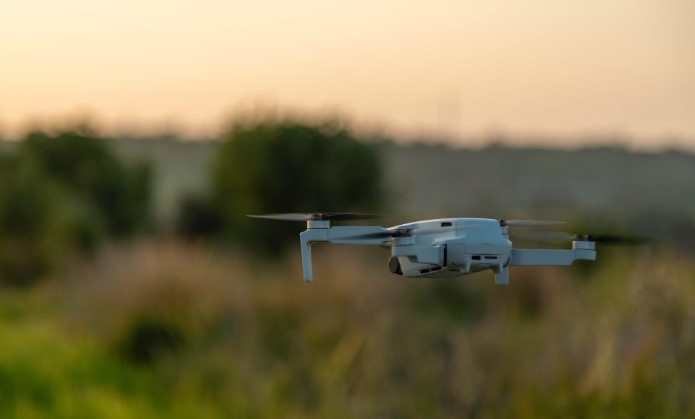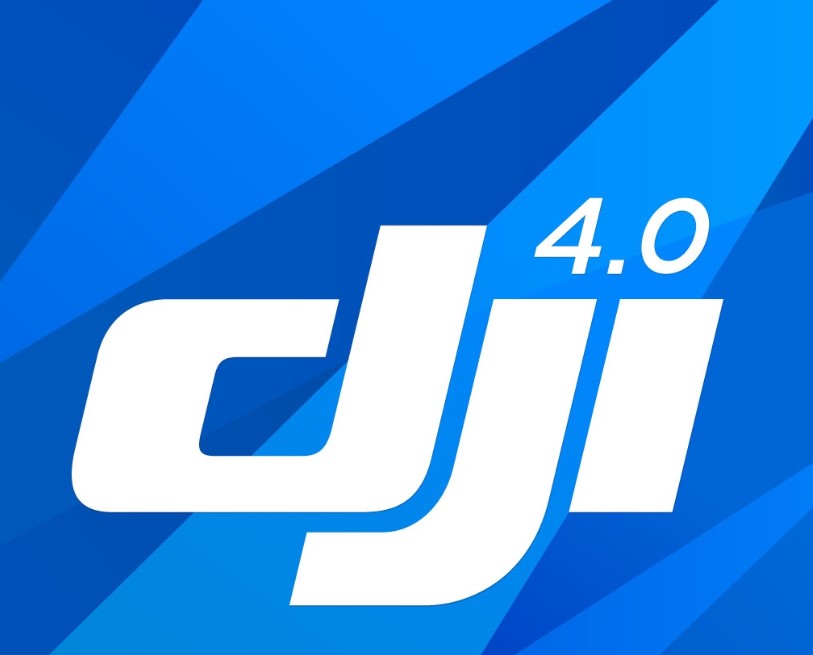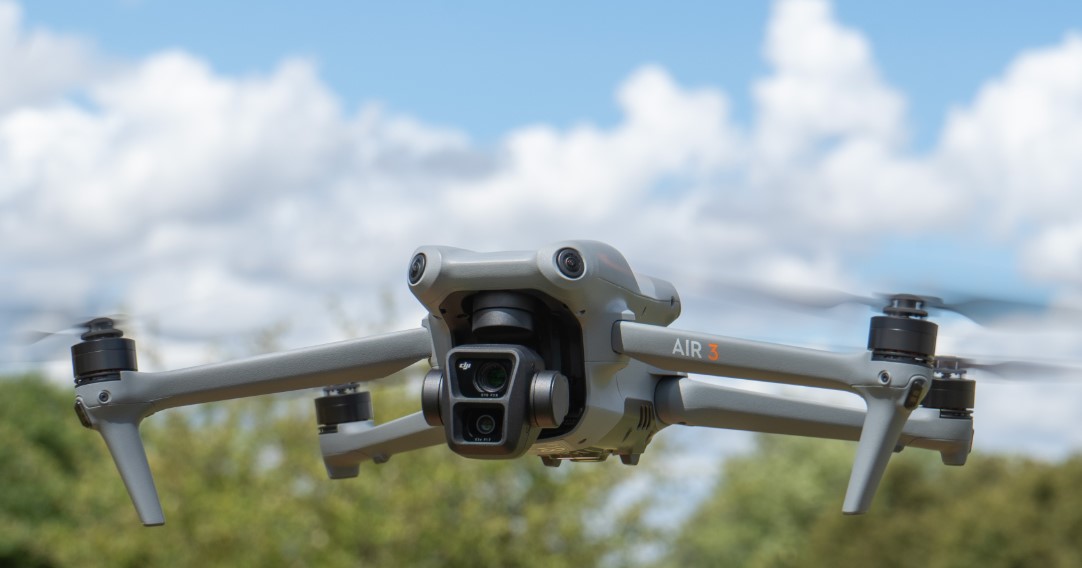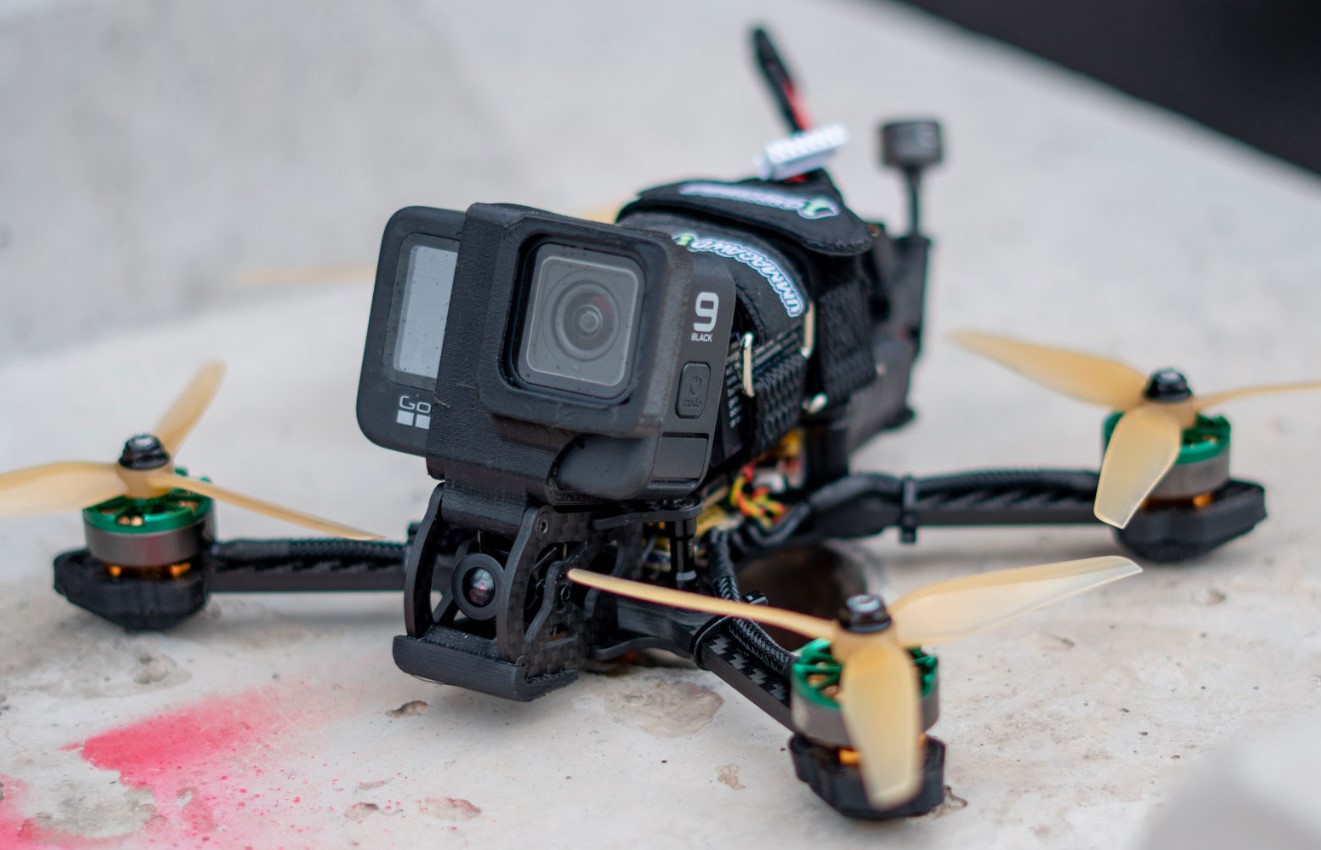Is Drone Deer Recovery Legal in Louisiana? The use of drones in various fields has grown exponentially over the last decade, revolutionizing industries such as agriculture, photography, and even wildlife management. One increasingly popular application is drone deer recovery, where unmanned aerial vehicles (UAVs) are employed to locate and recover deer, especially after hunting or accidents. However, the legality of using drones for this purpose varies significantly across states, often tied to specific regulations regarding hunting ethics, privacy, and airspace use. This essay explores whether drone deer recovery is legal in Louisiana, analyzing the relevant laws, ethical considerations, and practical implications. Follow Dronevoz.com !!!
Understanding Drone Deer Recovery
Drone deer recovery involves using UAVs equipped with high-resolution cameras or thermal imaging technology to locate deer. Hunters or wildlife enthusiasts use this method to track wounded animals or to retrieve carcasses in difficult-to-navigate terrains. Proponents argue that drones provide an efficient, humane way to ensure animals do not suffer unnecessarily and help reduce waste. However, critics point out potential ethical issues, such as unfair advantages in hunting or invasions of privacy.
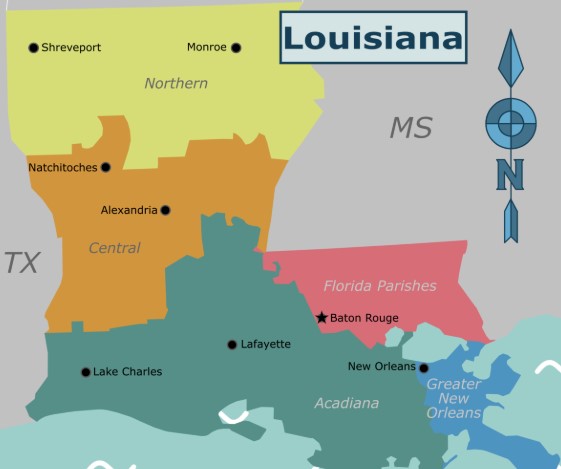
Federal Regulations Governing Drone Use
Before delving into Louisiana-specific laws, it is crucial to understand the federal regulations governing drone use. The Federal Aviation Administration (FAA) oversees UAV operations in the United States. Key rules include:
- Part 107 Certification: Commercial drone operators must have a Remote Pilot Certificate.
- Restricted Airspace: Drones cannot fly in certain areas without prior authorization.
- Line of Sight: Operators must maintain visual contact with the drone at all times.
- Weight Limits: Drones must weigh under 55 pounds unless specifically exempted.
These regulations ensure safety and accountability in drone operations. However, state laws often impose additional restrictions, particularly when it comes to hunting and wildlife management.
Is Drone Deer Recovery Legal in Louisiana? Louisiana Hunting Laws and Drone Use
In Louisiana, hunting is governed by the Louisiana Department of Wildlife and Fisheries (LDWF). The state has stringent laws to promote ethical hunting practices and conserve wildlife populations. These regulations extend to the use of drones in hunting and related activities.
Prohibition of Drone Use for Hunting
Louisiana law explicitly prohibits the use of drones to:
- Hunt or Take Wildlife: According to the LDWF, it is illegal to use drones to hunt, pursue, or take any wildlife species. This prohibition is rooted in concerns about unfair advantages and the disruption of natural wildlife behavior.
- Scout or Locate Game: Using drones to scout for deer or other game species is also prohibited. The rationale is to ensure hunting remains a skill-based activity rather than one reliant on advanced technology.
Violations of these laws can result in significant penalties, including fines, suspension of hunting licenses, and even criminal charges in severe cases.
>>> Read More: Is Drone Deer Recovery Legal in Kentucky?
Drone Deer Recovery: A Legal Gray Area
While using drones for active hunting or scouting is illegal in Louisiana, drone deer recovery falls into a somewhat ambiguous category. The primary distinction lies in the purpose:
- If the drone is used solely to locate and recover a deer after it has been legally hunted or accidentally struck by a vehicle, it might not constitute a violation of hunting laws.
- However, if the drone is used in a manner that aids in hunting or influences the behavior of live animals, it could be deemed illegal.
Given this ambiguity, individuals considering drone deer recovery in Louisiana are advised to consult directly with the LDWF to ensure compliance with state regulations.
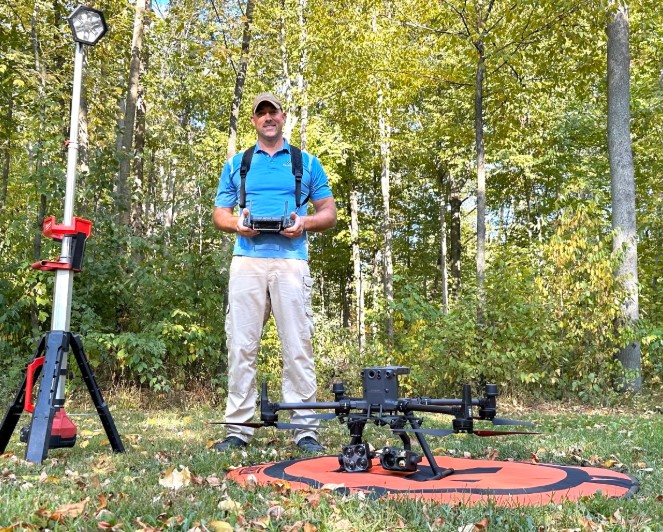
Ethical Considerations
The legality of drone deer recovery is only one part of the equation; ethical considerations also play a significant role. Critics of drone use in wildlife recovery often cite concerns such as:
- Fair Chase Ethics: Traditional hunting ethics emphasize fairness and the challenge of pursuing game without undue technological advantages. Drones may be perceived as undermining these principles.
- Wildlife Disturbance: The noise and presence of drones can disturb not only the targeted animal but also other wildlife in the area.
- Privacy Issues: Drones equipped with cameras may inadvertently infringe on the privacy of nearby landowners or other hunters.
On the other hand, proponents argue that drones can:
- Reduce Animal Suffering: Quickly locating wounded deer prevents prolonged suffering and ensures humane treatment.
- Enhance Recovery Efficiency: In dense forests or swampy terrains, drones can save time and effort in locating game.
- Promote Conservation: Efficient recovery minimizes waste and encourages responsible hunting practices.
Practical Implications of Drone Deer Recovery in Louisiana
- Technological Advancements
Modern drones come equipped with thermal imaging and GPS capabilities, making them particularly effective in locating animals in challenging environments. In Louisiana, where deer hunting is common in swampy or forested areas, this technology could be invaluable.
- Community Perceptions
The acceptance of drone deer recovery within Louisiana’s hunting community is mixed. Traditional hunters may resist the integration of technology, viewing it as a threat to the sport’s heritage. Conversely, younger or tech-savvy hunters may embrace drones as a tool for ethical and efficient recovery.
- Legal Risks
Given the lack of explicit legislation addressing drone deer recovery, individuals risk unintentionally violating state laws. To mitigate this, clear guidelines from the LDWF would be beneficial. Until then, hunters should exercise caution and seek written clarification from authorities if uncertain.
>>> Click Is Drone Deer Recovery Legal in Kansas?
Case Studies and Precedents
To better understand the implications of drone deer recovery in Louisiana, examining precedents from other states can provide valuable insights:
- Texas: In Texas, drone use for hunting or scouting is illegal, but its application in post-hunt recovery is not explicitly addressed, leading to similar legal ambiguity.
- Colorado: Colorado bans drone use for all hunting-related activities, including recovery, emphasizing ethical concerns.
- Minnesota: Some regions in Minnesota have experimented with permitting drones for wildlife surveys but not for individual hunting or recovery efforts.
Louisiana could draw on these examples to craft clear, comprehensive policies that balance technological benefits with ethical hunting practices.
Conclusion
The legality of drone deer recovery in Louisiana remains a complex issue, shaped by overlapping federal, state, and ethical considerations. While state law explicitly prohibits using drones for hunting and scouting, their role in post-hunt recovery occupies a legal gray area. Hunters and drone operators in Louisiana must navigate these ambiguities carefully, prioritizing compliance with LDWF regulations and respect for ethical hunting practices.
To address this uncertainty, the Louisiana Department of Wildlife and Fisheries should consider issuing detailed guidelines on drone deer recovery. Such measures would provide clarity, ensuring that hunters can utilize modern technology responsibly without violating laws or ethical norms.
Ultimately, the integration of drones into wildlife management reflects broader societal debates about technology’s role in traditional activities. As this trend continues, Louisiana’s approach to drone deer recovery will likely serve as a critical test case for balancing innovation with conservation and ethics.
